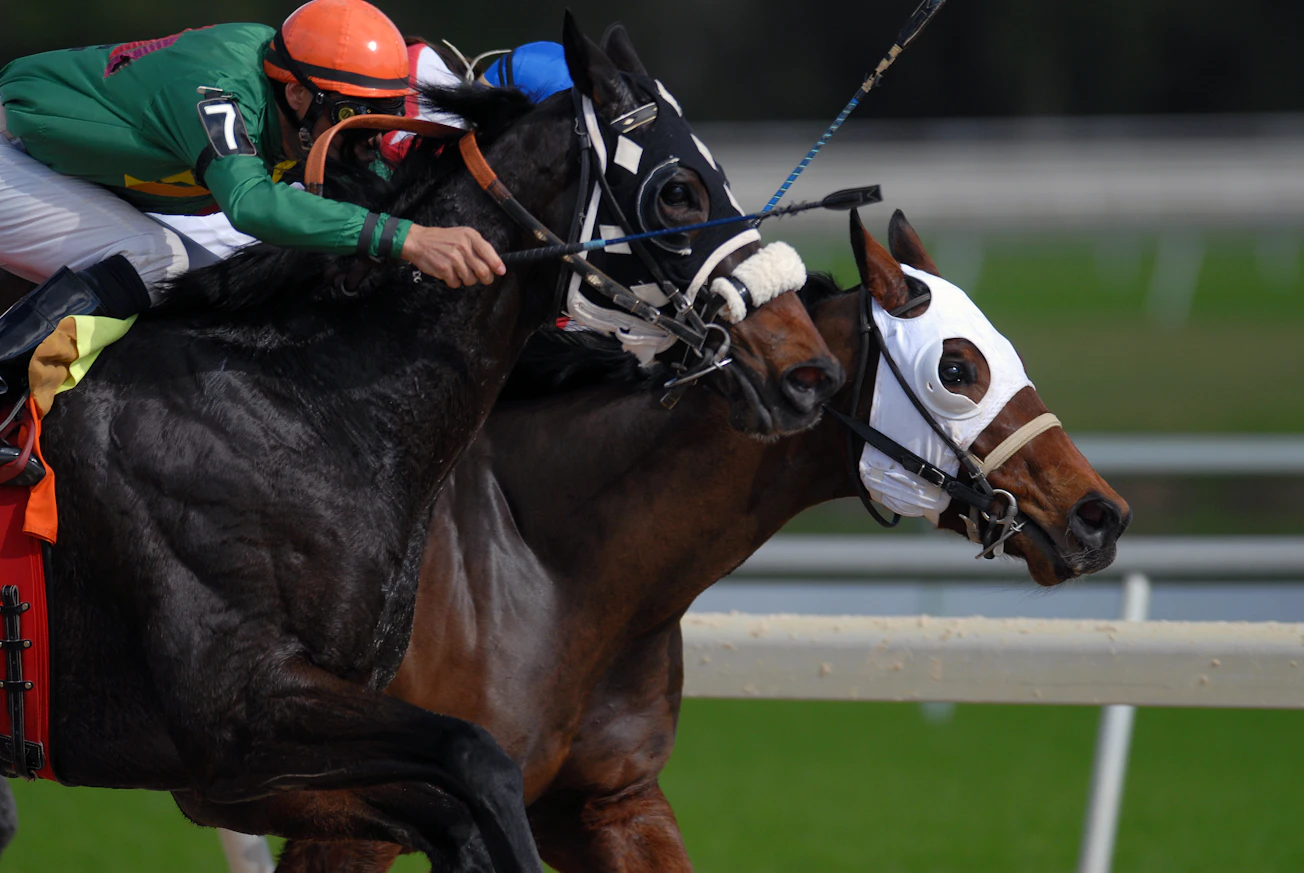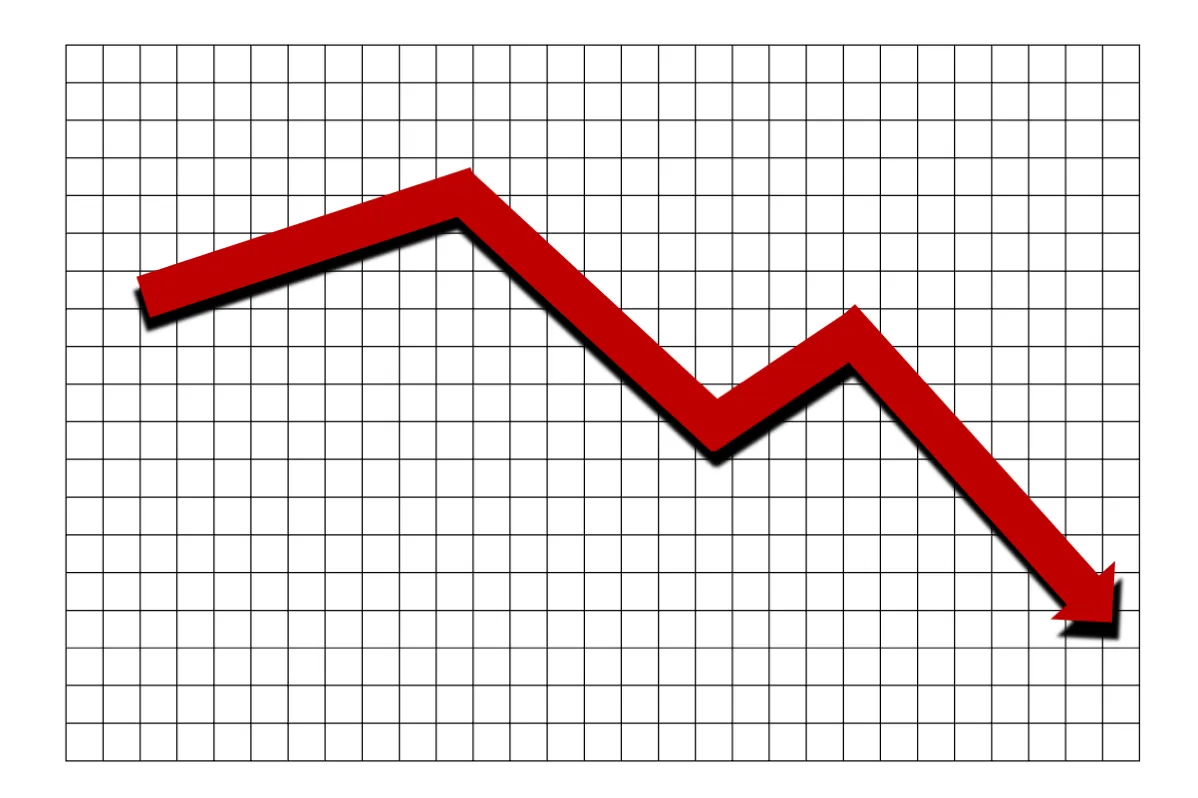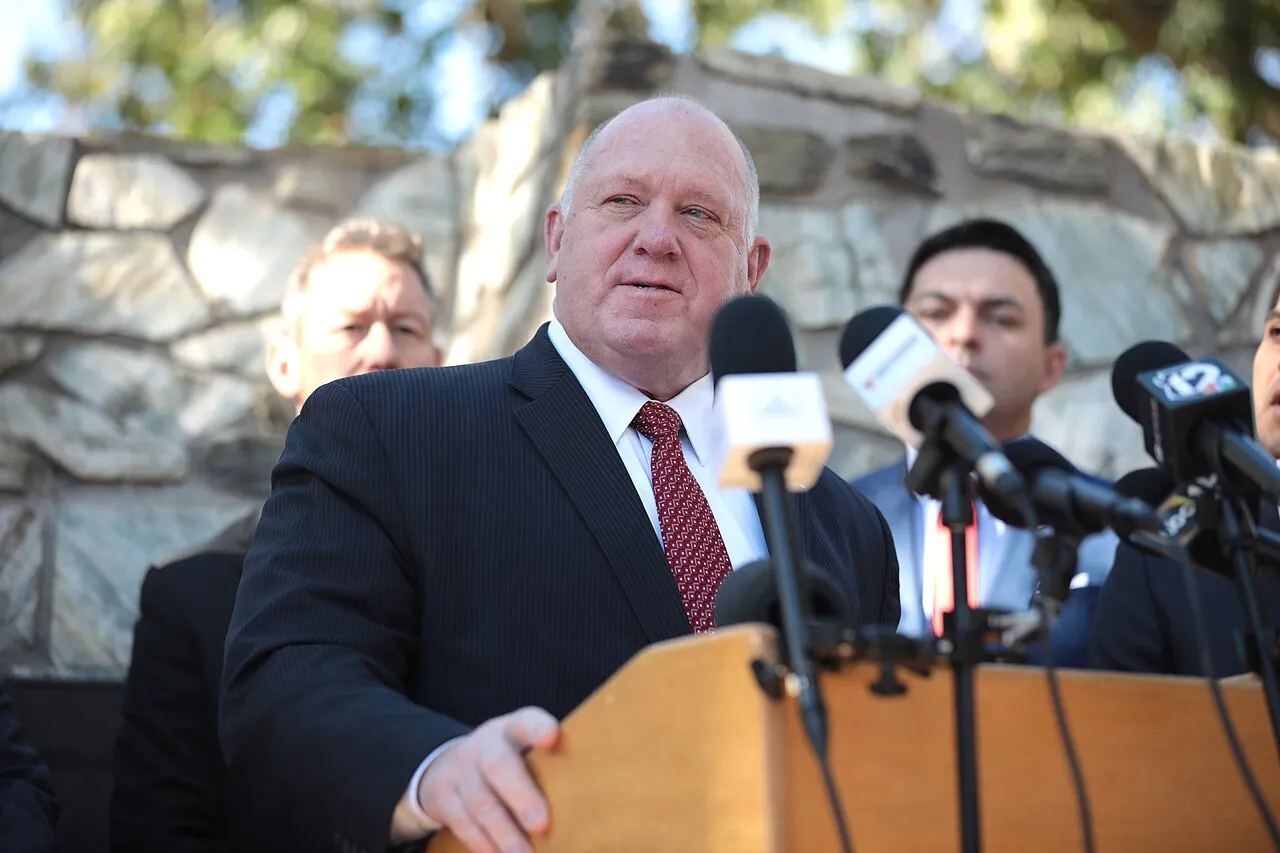I’m a big fan of MSNBC. But I was troubled by the banter and bonhomie on the network’s election eve show.
I changed channels and watched another episode of The Newsroom on HBO.
Don’t get me wrong. Last night’s MSNBC panelists, including Joy Reid, my favorite in the cable network’s lineup, have indeed sounded the alarm that American democracy hangs in the balance on this the most fateful election day since 1860, when the country was on the brink of disunion and civil war.
Reid, a political analyst who hosts The ReidOut, told the Washington Post last February that democracy ends when a political party decides “it cannot, and must not, be defeated,” concludes “it doesn’t have to accept defeat” and thinks it “can overturn electoral defeat. Democracy begins not when one party wins an election. It’s when the losing party accepts it. And we’re at the point now where, essentially, it is a Republican dogma that they do not have to accept defeat.” (Tim Michels, the Trump-endorsed GOP candidate for governor of Wisconsin, promised some of the Badger State MAGA faithful, “Republicans will never lose another election in Wisconsin after I'm elected governor.”)
“Sometimes you’ve got to laugh to keep from crying,” my grandmother used to say. Maybe that’s what was going on in the MSNBC studio on the eve of the election. But the good humor seemed to trivialize, albeit unintentionally, the enormity of this election, which portends to be the most momentous national vote since the presidential showdown of 1860.
Maybe I took the news team wrong. I watch them nearly every night. But to me the smiles, laughter, and joking symbolized most of the mainstream broadcast media's coverage of the election as essentially just another run-of-the mill midterm where voters will determine the balance of political power – not our democracy itself. For the umpteenth time, news programs — MSNBC and PBS excepted — overemphasized the “horse race” aspect.
Horse-race coverage actually harms our democracy
“‘Horse race’ coverage — who’s up, in polls or donations, and candidates’ strategizing to procure those blessings — rivals Gregorian chants as an enduring ritual,” wrote Rich Barlow for Boston’s WBUR online last May. “The late, veteran journalist Jack Germond damned his brethren for trivializing politics; he and his coauthor titled their book about the interminable 1984 presidential race ‘Wake Us When It’s Over.’”
Barlow added that “a burgeoning body of studies suggests worse: Fixating on popularity and tactics hurts female candidates, undermines respect for our already-shaky democratic process, and helped give us Donald Trump.”
I can imagine how the TV newshounds would have covered the presidential election of 1860, when the survival of the Union was on the line. Indicative of a sharply divided country, four major candidates sought the office.
Republican Abraham Lincoln opposed slavery and wanted Uncle Sam to stop its spread into the western Territories. Northern Democrat Stephen A. Douglas said citizens of the territories should vote slavery in or out.
Constitutional Unionist John Bell just called for the preservation of the Union. Vice President John C. Breckinridge, candidate of the proslavery Southern Democrats, was all in for human bondage and its expansion. (Breckinridge, a Kentuckian from Lexington, became a Confederate general and secretary of war.)
Fearing Lincoln and the Republicans would abolish slavery, Southern political leaders—most of them Breckinridge Democrats—threatened to exit the Union and establish an independent slave state confederacy if the GOP standard bearer won the White House.
Issues? Boring, says the TV news producers. Give the public what it wants: focus on who’s ahead and who’s not. I can easily imagine this exchange between field reporters and the studio:
Anchor: “Let’s go to our reporter on the scene in the North.”
Reporter: “It’s close between Lincoln and Douglas. The Republicans are fired up for ‘Honest Abe,’ and the Democrats love the ‘Little Giant.’ It’s a real horse race.”
Anchor: “Thanks, and now, let’s head for the border states.”
Reporter: “We’ve interviewed lots of Breckinridge backers and plenty of people who are behind Bell or Douglas. It looks like it might be a tossup.”
Anchor: “Thanks. Now let’s hear from the South.”
Reporter: “Dixie is pumped for ‘Breck,’ but don’t count ‘Doug’ and Bell out.”
Lincoln won on Nov. 6, 1860, by carrying all the free states except New Jersey, which he split with Douglas in the electoral college. (The future “Great Emancipator” managed just 1,364 or 1,366 votes — depending on the source — in his native Kentucky, a slave state that stuck by the Union.) South Carolina seceded just before Christmas. In January and February, a half dozen deep South states followed. All seven united to found the Confederate States of America on the twin pillars of slavery and white supremacy. After South Carolina state troops fired on the Stars and Stripes and U.S. troops defending Fort Sumter in Charleston harbor in April, 1861, America’s most lethal conflict commenced, and four more slave states joined the Confederacy.
What horse-race coverage has done in the Trump era
Barlow said that horse race coverage in the Trump era has encouraged misogyny and racism, principal elements of the MAGA movement: “Two Harvard Kennedy School papers studied coverage of Trump before and during the 2016 primaries. One found that positive media attention — about a xenophobic, over-sexed and under-credentialed man who was then bottom-feeding in polls — helped gas his rise to frontrunner.”
Barlow linked Trump’s “surge … mostly on a racist’s appeal to more fearful white voters than anyone, save perhaps Americans of color, thought existed. But Trump trumpeted racism as had no politician who wasn’t a segregationist or Klansman.”
Barlow went on to quote Harvard’s Shorenstein Center on Media, Politics, and Public Policy as saying “journalists are attracted to the new, the unusual, the sensational – the type of story material that will catch and hold an audience’s attention. Trump fit that need as no other candidate in recent memory. Trump is arguably the first bona fide media-created presidential nominee.”
He concluded that “the horse race is bad for democracy. That would be true if journalistic handicappers’ only waste product had been coverage that assisted the rise of an authoritarian who incited insurrection. But multiple studies confirm that their journalism has another analogy to waste: It fertilizes weeds of voter cynicism and abstention.”
Permit this old reporter-turned-history-prof to chip in an “Amen.”
--30--
Comments








